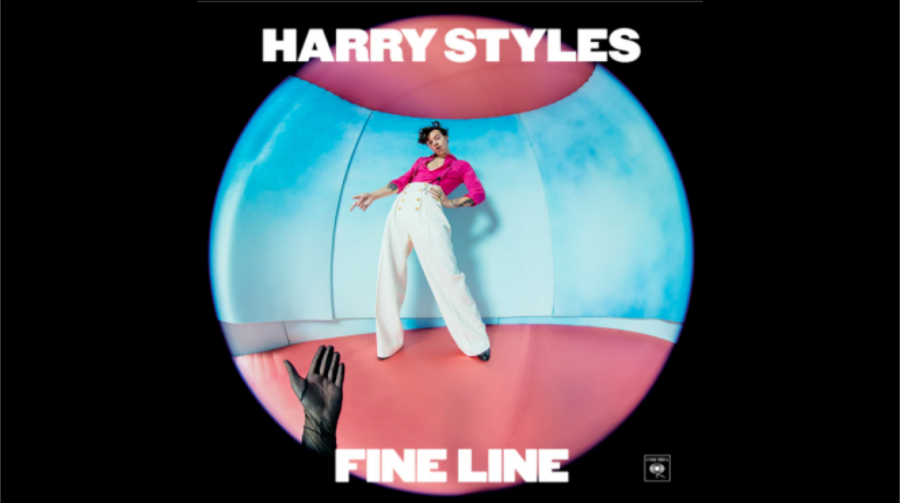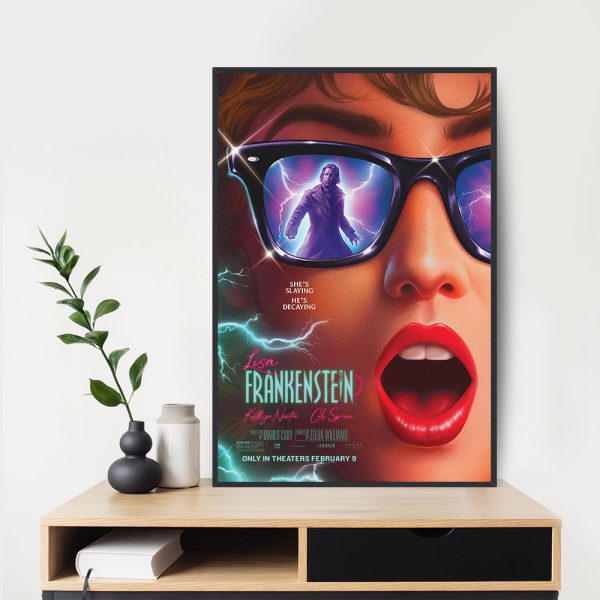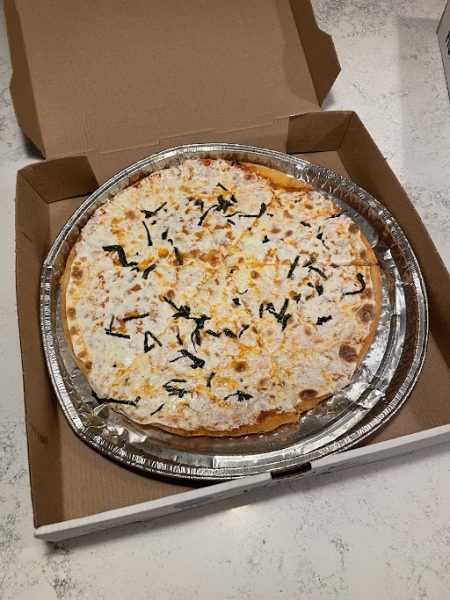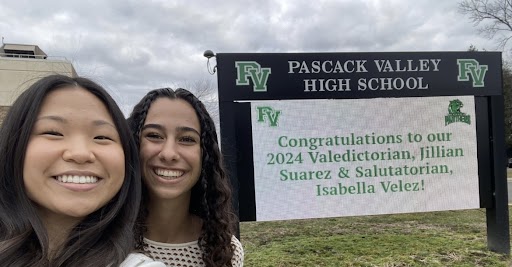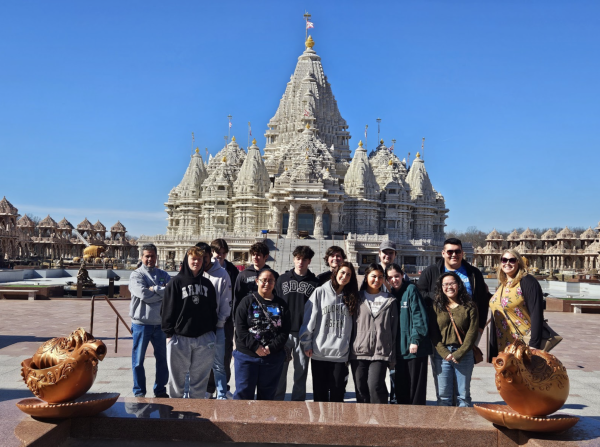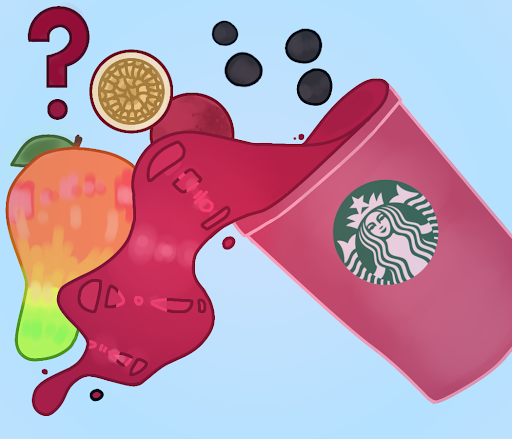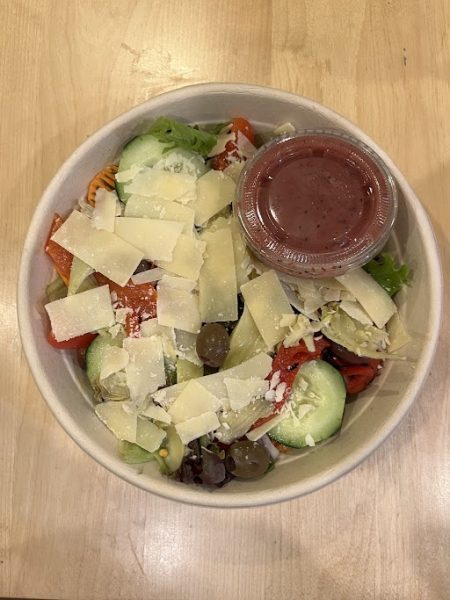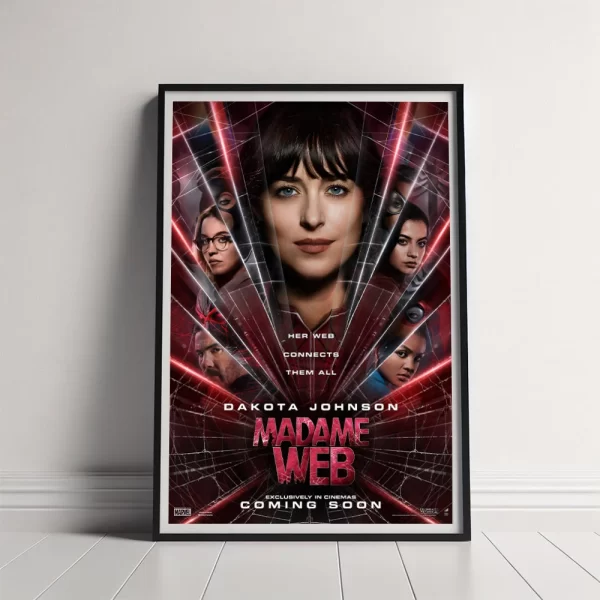Opinion: “Fine Line” robbed of Pop Vocal Album Award
Columbia Records, under Fair Use
The 63rd Annual Grammy Awards aired on CBS Sunday night on March 14. Sophomore Cameron Dolan believes that Harry Styles’ album “Fine Line” deserved the Pop Vocal Album Award over Dua Lipa’s “Future Nostalgia.”
While we have all had to deal with the pandemic in different ways, the 63rd annual Grammy Awards gave viewers insight on how the music industry has been affected. With no concerts or touring happening, COVID-19 has taken away many artists’ livelihoods and motivation to put out music. We truly saw the bittersweet challenge the pandemic posed to artists worldwide within only a few hours of an international event. Despite the difference in formatting of the Grammys itself, the night still contained its typical luxurious style and thriving energy.
Although there were many well-deserved wins during the award ceremony, the continuous conversation regarding the outcome of the Pop Vocal Album of the Year Award seems to be this week’s social media debate. Dua Lipa won this category with her well-respected album full of top-charting hits. Many say that her music gained popularity due to its release being in correspondence with the growing popularity of TikTok. Masses of people used her songs on the app, whether it be for dancing or remixes, but all led to an increase in her streams on numerous platforms. Despite agreeing with the excellence of “Future Nostalgia,” I believe Harry Styles’ “Fine Line” album was a lyrical and artistic masterpiece, and therefore should have won.
Future Nostalgia was released in late March 2020. The album release was during the same time period that normalcy began to slip away and we began adjusting our lifestyles due to COVID-19. Many saw “Future Nostalgia” as the perfect album for the perfect time due to its party-like vibe and uplifting beat. Everyone was evidently in desperate need of something to lift the mood to distract us from the abrupt lifestyle changes. While “Future Nostalgia” was incredibly successful on its own, the use of its songs on an app called TikTok truly made it a worldwide success.
During early quarantine, I often used TikTok to explore and find new music to listen to. This thought process was evidently common due to the spike in streams of all trending songs on TikTok. One of the artists I happened to stumble upon was none other than Dua Lipa. Soon enough her songs from “Future Nostalgia” were used all over the platform for dances, remixes, and so much more. Although this was most likely not a planned form of advertising for “Future Nostalgia,” it evidently helped boost its overall popularity across the world. Despite agreeing with the talent Dua Lipa and her new album has, her rise to fame via TikTok appears unprofessional regarding the true appreciation of her music. Users of TikTok often find the fifteen second clips of her songs enjoyable, but I find this rise to fame unworthy of her eventual Grammy win. Harry’s album was incredibly successful due to the sole appreciation of the intricate songs in their entirety, therefore once again proving why he should have won.
While it does not take away from their greatness, almost all of Dua’s songs consist of the same sound and beat. Many of her songs are amazing, but in my opinion, they sound too similar. When listening to “Future Nostalgia,” the biggest difference of vocal diversity can be seen within “Boys Will be Boys” and “Levitating.” While there is some diversity, it is minimal in comparison to “Fine Line.” In Harry’s album one could easily see the vocal diversity and range by looking at the songs, “Fine Line” and “Treat People With Kindness.”
“Fine Line” is a beautifully somber ballad about the inevitability of highs and lows in life. The song “Treat People With Kindness” is about exactly as the title suggests, kindness to others and yourself. The two songs can be used as an embodiment of not only the vocal diversity of “Fine Line,” but also its general variation of crescendos. The intricacy of Harry’s album proves itself more worthy of the award opposed to “Future Nostalgia.”
Despite Dua Lipa’s album serving as an example of her successful and rapid legacy to stardom, “Fine Line” undoubtedly deserved the Pop Vocal Album Award, primarily because of its intricate vocal diversity.
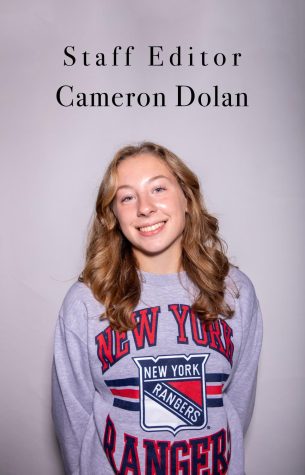
Cameron Dolan is a senior who joined the publication during her freshman year as a staff photographer and writer. She focuses on opinion pieces on popular...

